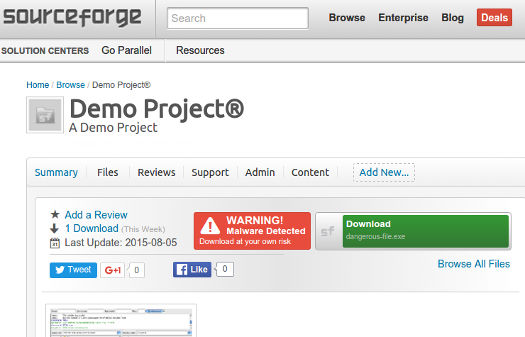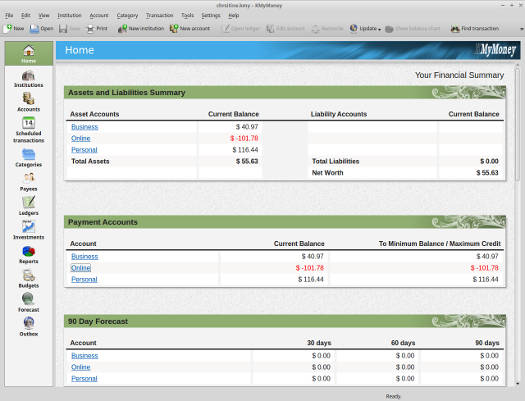Also included: LinuxQuestions.org has a birthday, six new distro releases, Ubuntu considering dropping 32-bit support and the feds were after Snowden.
FOSS Week in Review
Happy birthday America. And happy birthday to LinuxQuestions.org. America, more correctly known as United States of America since we’re not the only country on this big piece of land, turns 240-years-old on Monday, if you accept July 4, 1776 as it’s “born on” date. If it’s not too hot, I’ll be going to the Shoals community ballpark to watch the fireworks display and eat some 50 cent hot dogs. I’ll be ordering mine “all the way,” which around here means chili, slaw, mustard and onions. The birthday wish for LinuxQuestions.org is a little belated. The site was started by Jeremy Garcia sixteen years ago last weekend.
Now on to this weeks FOSS news highlights…
Christine Hall has been a journalist since 1971. In 2001, she began writing a weekly consumer computer column and started covering Linux and FOSS in 2002 after making the switch to GNU/Linux. Follow her on Twitter: @BrideOfLinux



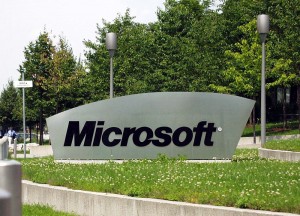
 Let’s forget for a minute that I have plenty of reasons for seeing Redmond as a continuing threat to free tech. Let’s forget the patent issues the company still uses as a threat, as well as the fact that all of its contributions to open source are to support Azure and Windows, the latter of which remains proprietary and definitely not free software. Let’s also forget that this love of Linux was announced when Microsoft began betting on the cloud, where embracing Linux became necessary for survival. Can you imagine a Windows only cloud service? Neither can I.
Let’s forget for a minute that I have plenty of reasons for seeing Redmond as a continuing threat to free tech. Let’s forget the patent issues the company still uses as a threat, as well as the fact that all of its contributions to open source are to support Azure and Windows, the latter of which remains proprietary and definitely not free software. Let’s also forget that this love of Linux was announced when Microsoft began betting on the cloud, where embracing Linux became necessary for survival. Can you imagine a Windows only cloud service? Neither can I.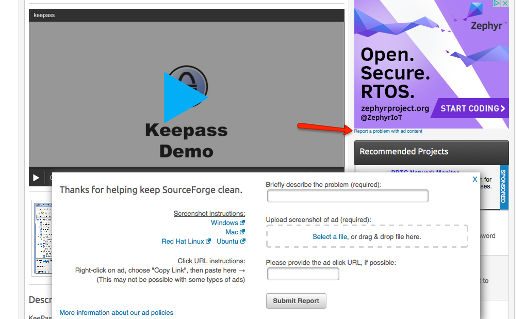

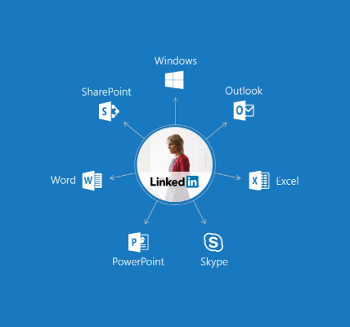
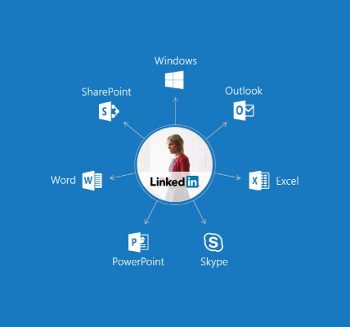 According to a
According to a 

